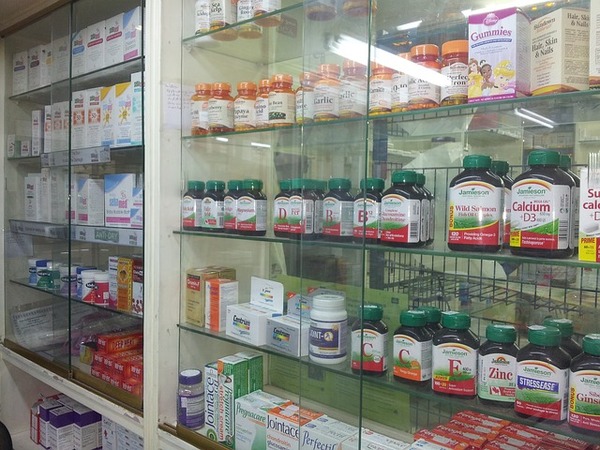
Pharmaceutical manufacturers are finding ways to innovate production, process, and efficiency using new digital technologies that are transforming the industry.
As digital transformation changes the way pharma companies create and distribute products, they need tools that leverage multiple technologies and systems. With an enterprise resource planning (ERP) solution, pharma companies can have better access to information necessary to make informed decisions that create streamlined production runs, anticipate demand and need, and maximize the use of production equipment.
Here is a closer look at the benefits and strengths of pharmaceutical ERP solutions:
- Streamlined processes. An ERP solution helps a pharma company coordinate supply and demand with real-time information about sales, change orders, and anticipated orders.
- Better batch management. For each recipe, there is a need to draw information from different systems. Compositions and ingredients need to be documented. Quantities, storage procedures, analysis certificates, pH values, and particle sizes need to be tracked. These details and histories are essential for compliance and, if necessary, track and trace procedures.
- Inventory control. While many ERP solutions track inventory, there are specialized needs within the pharma industry. It is critical that first-to-expire, first-used processes are in place. This requires core integrations between warehouse management and production functions. Failure in this area can risk lost revenue and patient danger due to ineffective pharma solutions.
- Better accounting and finance. Integrated back-office functions help finance departments monitor anticipated sales, make better revenue forecasts, and streamline billing cycles.
- Improved tracking and tracing. Regulatory agencies require careful measuring, labeling, and marking that allow for rapid tracking and tracing if there is an issue post-production. The right ERP solution helps in three areas essential to tracking and tracing:
- Ordering automation. As new orders are entered directly into the ERP system, there is more security and accuracy with the reduction of required labeling or production line order management.
- Full product monitoring. Throughout the supply chain, an ERP system can monitor a product’s lifecycle, including measuring and recording information on material sources, dates, and usage. Reporting can detect variances or risks of contamination throughout complex supply chains.
- Reporting. Reporting can generate real-time data and help facilitate analytics to be used by internal and external monitoring and regulatory personnel. Documentation can be customized to comply with regulatory requirements and provide transparent access to information when required.
- Sales force management. An ERP solution can integrate with customer relations management (CRM) software to ensure integrated sales force data. Contact information with physicians and other care providers, pharmacies, and chemists can help track orders, prescriptions, fulfillment, and samples.

At NexTec Group, we help companies in pharma and other industries find the right solutions that leverage the latest in digital technology. Our skilled teams of consultants work closely with our clients to understand their businesses, needs, and challenges. With an extensive knowledge base of the vendors, products, and features available, we help pharmaceutical companies identify and implement the right ERP solution. To learn more about how NexTec can transform your pharma business and leverage digital revolution opportunities, contact us today.
